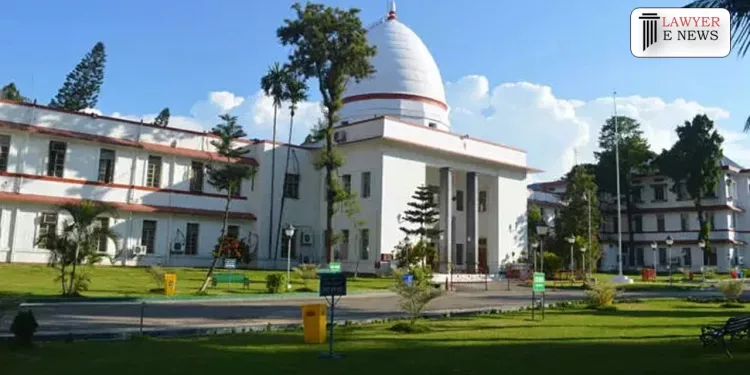Labour Law | Claims for Statutory Interest Must Be Timely and Well-Founded: Jharkhand High Court Dismisses Workmen’s Appeals

In a landmark judgment on May 14, 2024, the Jharkhand High Court dismissed appeals filed by workmen of UMI Special Steel Ltd., who sought statutory interest on their salary arrears following the company’s liquidation. The court upheld the decision of a Single Judge, emphasizing that the claims for interest lacked a proper legal foundation and were not raised during the initial proceedings. The bench, comprising Justices Sujit Narayan Prasad and Arun Kumar Rai, ruled that the claims did not meet the necessary criteria under Rule 156 of the Companies (Court) Rules, 1959.
The appeals arose from a common order dated November 1, 2018, which rejected the workmen’s application for statutory interest on arrears of salary after UMI Special Steel Ltd. Entered liquidation in 2003. The workmen initially received a settlement for their dues, but later filed for statutory interest accrued on the delayed payments. The Single Judge dismissed their claims, prompting the appeals under Section 483 of the Companies Act, 1956.
Credibility of Initial Proceedings: The court underscored that the workmen’s claims for arrears were settled based on the Official Liquidator’s admissions. However, the demand for statutory interest emerged post-settlement, lacking any initial adjudication or contractual basis. “The claim for interest was never raised during the initial adjudication, and the subsequent application for interest lacks the foundation of a contractual or statutory provision,” the bench observed.
Legal Reasoning on Rule 156: The bench examined Rule 156 of the Companies (Court) Rules, 1959, which allows creditors to claim interest on overdue debts at the time of the winding-up order. The court noted that the rule applies where interest is not reserved or agreed upon, and no demand for interest was made by the workmen initially. “In the present case, the workmen did not make any claim for interest during the original proceedings, and thus, cannot now seek to apply Rule 156 retroactively,” the court stated.
Distinction from Precedent Cases: The court distinguished the present case from the Supreme Court’s decision in Vijay Industries vs. NATL Technologies Ltd., where a specific contract clause provided for interest. “The judgment in Vijay Industries pertained to a specific contract clause providing for interest. In contrast, the workmen here lack such a contractual or statutory basis for claiming interest,” the court clarified.
Justice Sujit Narayan Prasad remarked, “The claim for statutory interest by the workmen, without having raised it in the initial proceedings and in the absence of a contractual or statutory provision, cannot be entertained at this stage.”
The dismissal of the appeals underscores the court’s strict adherence to procedural integrity and statutory interpretation. By rejecting the workmen’s claims for statutory interest, the judgment reinforces the necessity of raising all claims at the appropriate stage in liquidation proceedings. This ruling is expected to have significant implications for future cases involving liquidation and claims for interest, setting a precedent for the treatment of delayed interest claims in the absence of explicit contractual provisions.
Date of Decision: May 14, 2024
Gopal Mahto & Nand Keshwar Prasad vs. The Official Liquidator, Jharkhand High Court & Ors.





